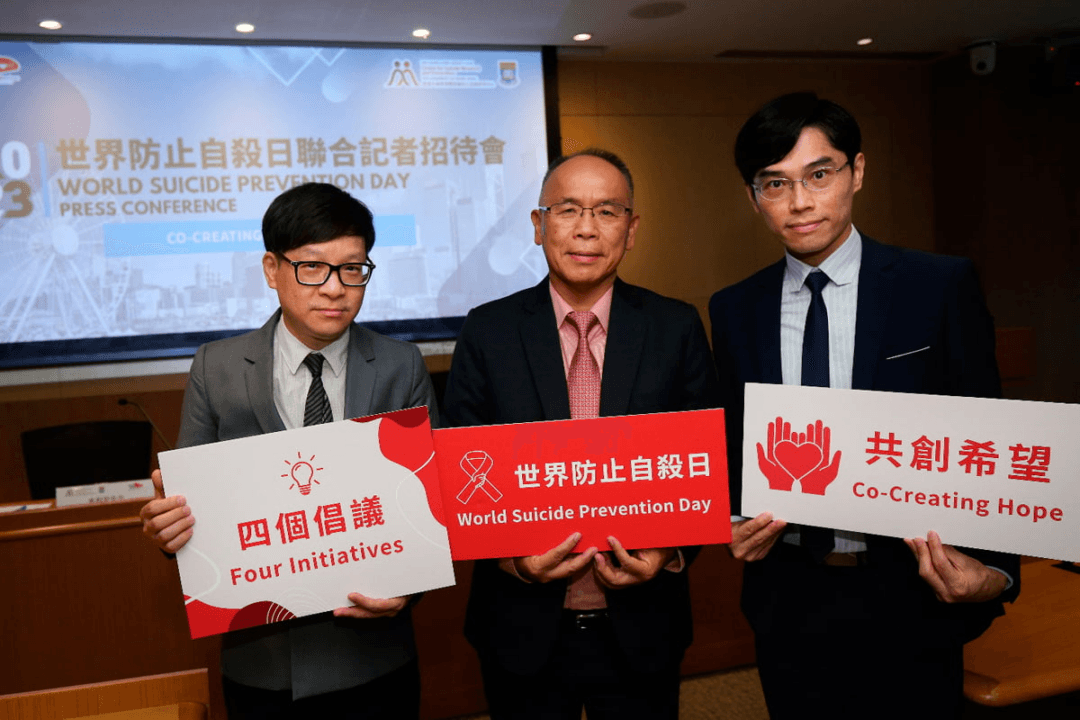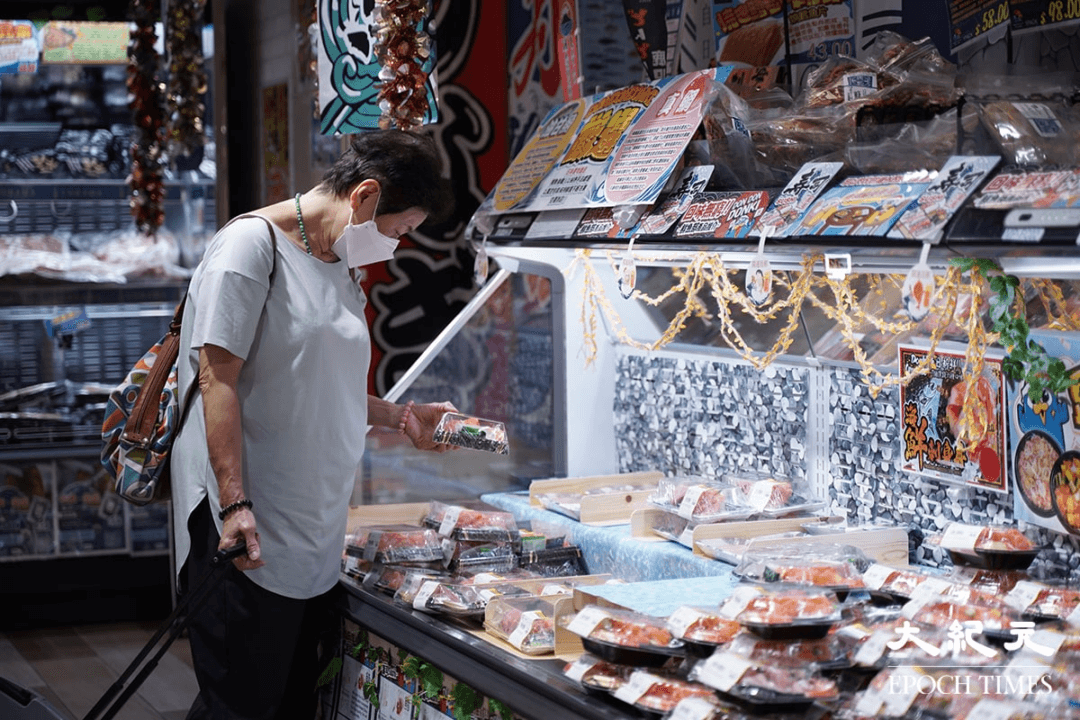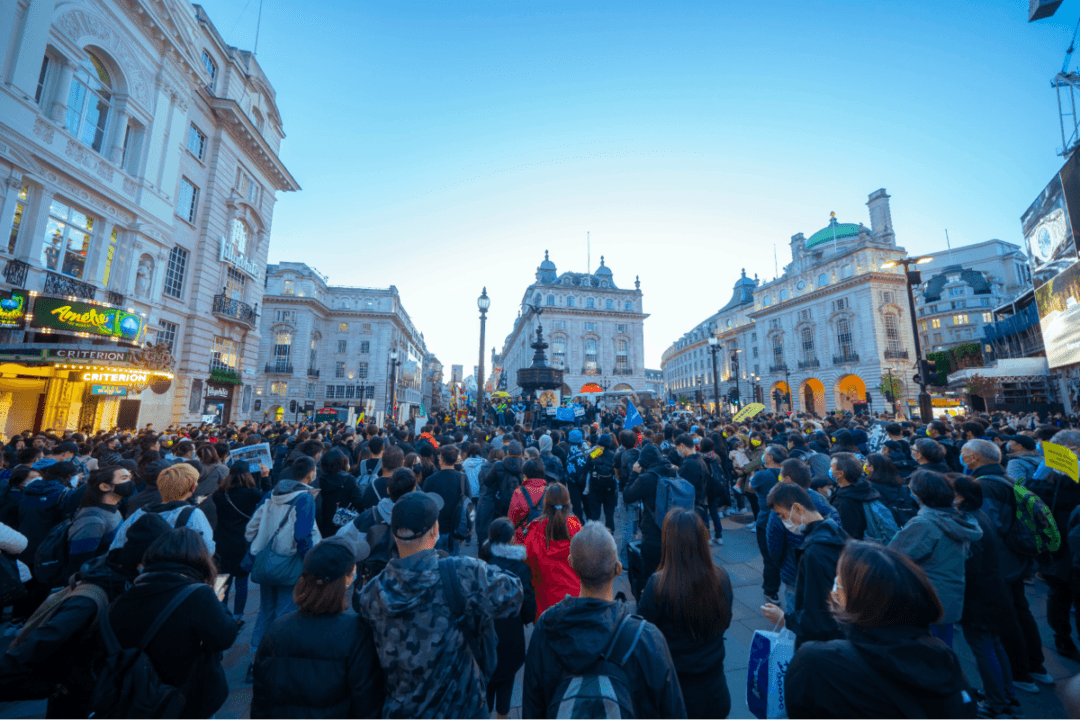The Hong Kong Jockey Club Centre for Suicide Research and Prevention (CSRP), in collaboration with the Suicide Prevention Services, released the latest suicide data for Hong Kong on Sept. 8. It reveals that Hong Kong’s suicide rate in 2022 was 14.5 per 100,000, a 1.9 percent increase from the previous year. Notably, the suicide rate among young people surged from 6.2 in 2014 to 12.2 in 2022, reaching a historical high. CSRP calls on stakeholders from all sectors to contribute to improving the mental health of Hong Kong’s youth.
According to CSRP, based on data provided by the Coroner’s Court, the estimated suicide rate in Hong Kong for 2022 is 14.5, showing an upward trend and a 17.9 percent increase from the previous year. Among those aged 15 to 24, the youth suicide rate has risen sharply from 6.2 in 2014 to 12.2 in 2022, reaching an all-time high. The risk of suicide is most pronounced among individuals with lower education levels and the unemployed, with the suicide risk among the unemployed being 15.5 times higher than that among the employed. Individuals with lower education levels also have a 4.37 times higher suicide risk than those with higher education. Additionally, low-wage and low-skilled workers face higher suicide risks. The survey also found that the most common method of suicide in Hong Kong is jumping from heights.




